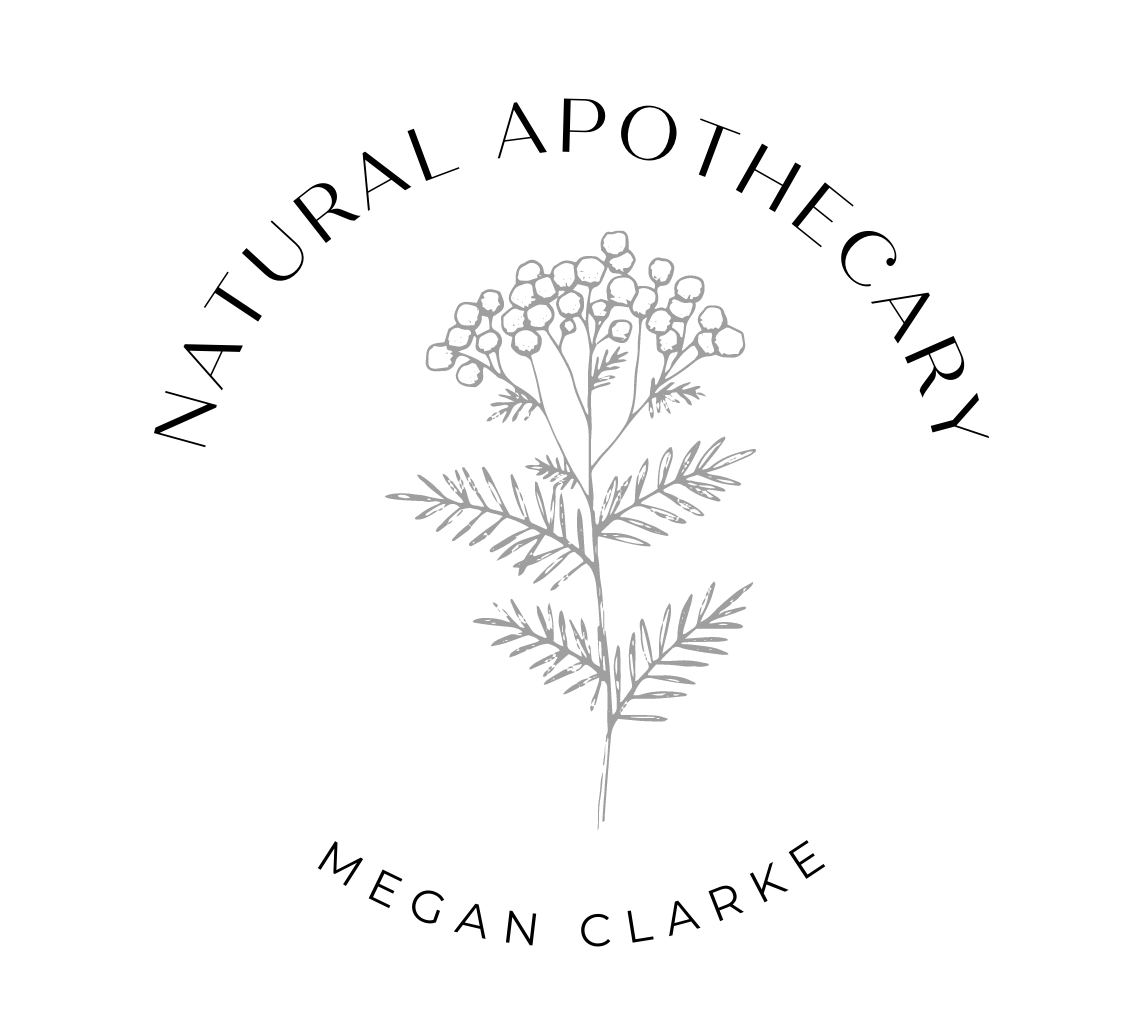Coeliac Disease
Megan Clarke at Natural Apothecary offers natural treatment for coeliac disease, providing sufferers with the much-needed relief they want for a better quality of life.
What is Coeliac Disease?
People with coeliac disease have an abnormal immune reaction to gluten (a protein found in wheat, rye, barley and oats ), causing small bowel damage. The tiny, finger-like projections which line the bowel (villi) become inflamed and flattened. This is referred to as villous atrophy. Villous atrophy reduces the surface area of the bowel available for nutrient absorption, which can lead to various gastrointestinal and malabsorptive symptoms. Symptoms can also be caused by inflammation in other parts of the body.
A number of serious health consequences can result if the condition if it is not diagnosed and treated properly. People with coeliac disease remain sensitive to gluten throughout their life, so in this sense they are never cured. However, a strict gluten free diet does allow the condition to be managed effectively and the inflammation in the digestive tract can be reduced with the correct herbal medicine.
How Many People Suffer from Coeliac Disease?
When looking at the prevalence of coeliac disease in Australia, the statistics can vary, especially with the likelihood of many cases going undiagnosed.
Coeliac Australia states that the disease affects roughly one in 70 Australians, yet they believe the number of those cases going undiagnosed is substantial.
Common Symptoms of Coeliac Disease
The symptoms of coeliac disease vary considerably. Some people experience severe symptoms while others are asymptomatic when they follow a strict gluten free diet (they have no obvious symptoms at all).
Symptoms can include one or more of the following:
-
Abdominal pain, bloating, cramping
-
Nausea or vomiting
-
Diarrhoea, constipation &/or flatulence
-
Steatorrhea (floating fatty stools)
-
Fatigue, weakness & lethargy
-
Easy bruising of the skin
-
Failure to thrive or delayed puberty in children
-
Weight loss (although some people may gain weight)
-
Joint & bone pains
-
Recurrent mouth ulcers &/or swelling of mouth or tongue
-
Altered mental alertness & irritability
-
Skin rashes such as dermatitis herpetiformis
-
-
Iron deficiency anaemia &/or other vitamin and mineral deficiencies
People who experience any of the following should also be screened for coeliac disease
-
Early onset osteoporosis
-
Unexplained infertility
-
Family history of coeliac disease
-
Liver disease
-
Autoimmune disease
e.g. Type 1 Diabetes, Autoimmune Thyroid condition such as Hashimotos’ or Graves Disease.
The best way to avoid suffering these symptoms is to avoid the food that contain Gluten
What is the Most Effective Treatment for Coeliac Disease?
At this point, there is no known cure for insensitivity to gluten, so the only real treatment for coeliac disease is to avoid foods that contain gluten. I can help you make the transition to a gluten-free diet, and can help you identify the foods you’re eating that aggravate your condition and suggest alternatives, whether they be gluten-free variations or different choices altogether so you can avoid the symptoms and enjoy a better quality of life. Your digestive tract will require healing from the chronic inflammation. I am able to give you the tools to manage this condition and assess what other nutritional imbalances may be impacting your health and how to manage them.
What Might Happen if Your Coeliac Disease Remains Undiagnosed?
Coeliac disease that goes undiagnosed can, over an extended period of time, lead to further complications and health problems. Among them are:
Osteoporosis
Greater chance of infertility, miscarriage or stillbirth
Liver disease
Low or fluctuating moods
Iron deficiency anaemia and other mineral deficiencies.
Early diagnosis and treatment for coeliac disease can help to significantly minimise the risk of these additional health concerns from developing any further.
